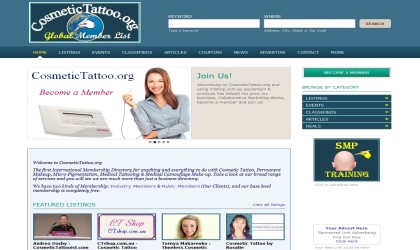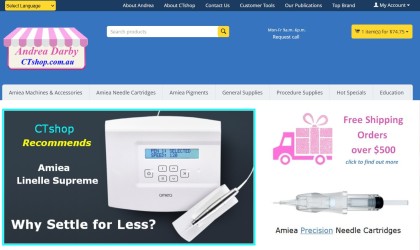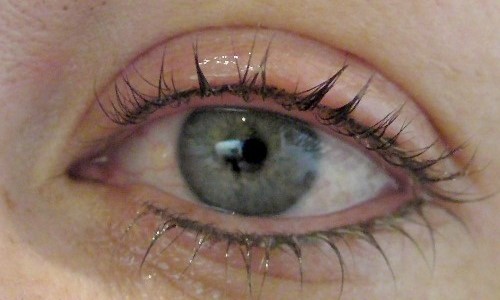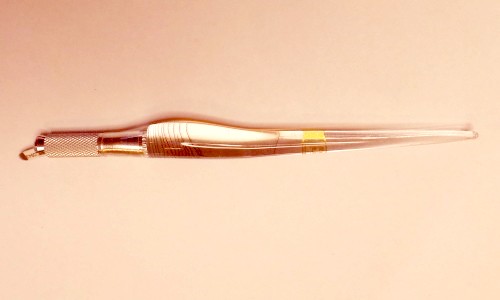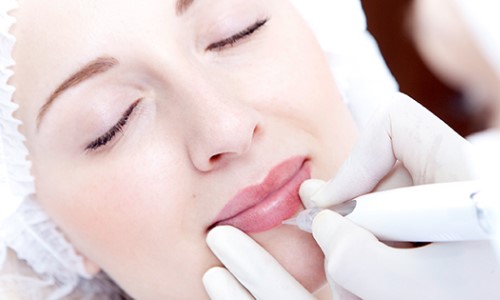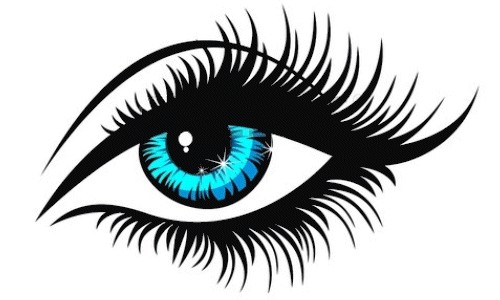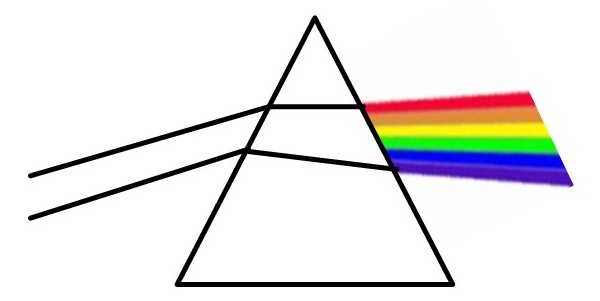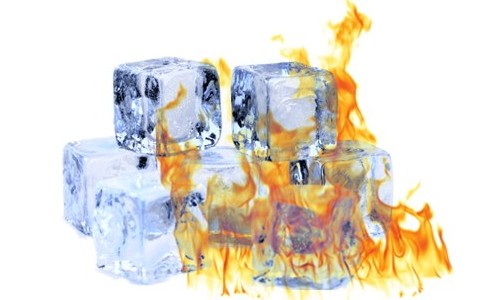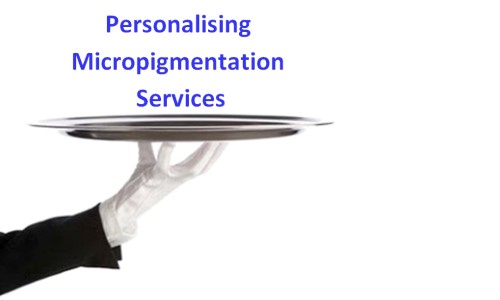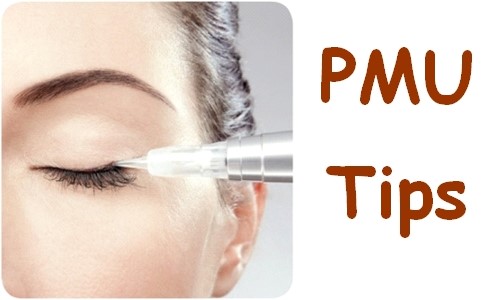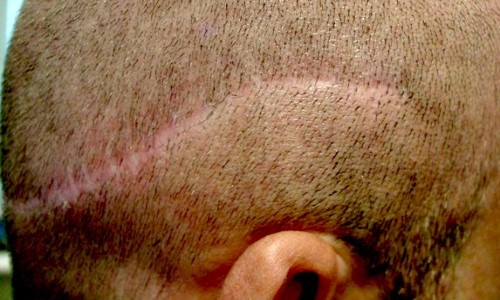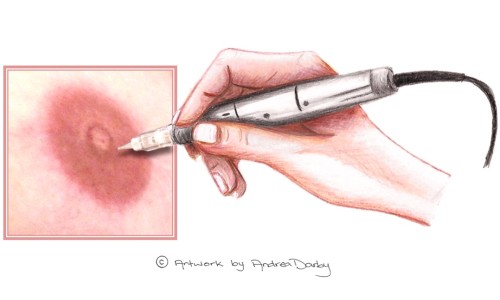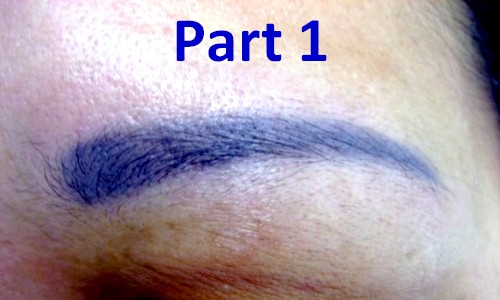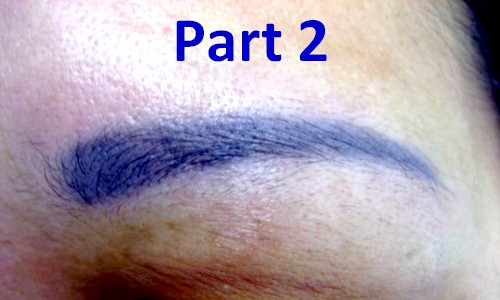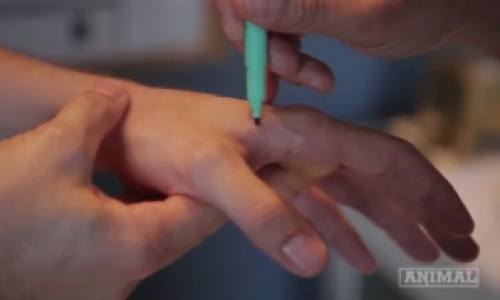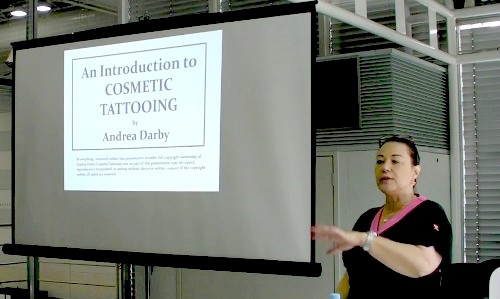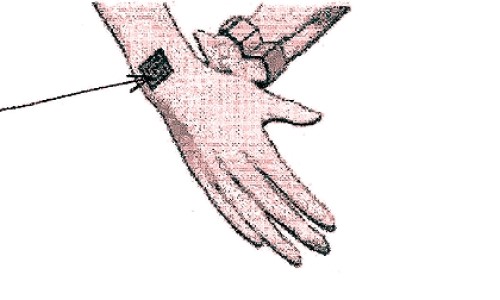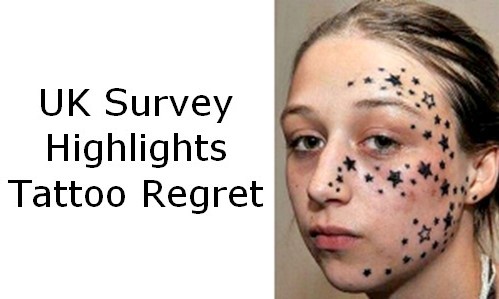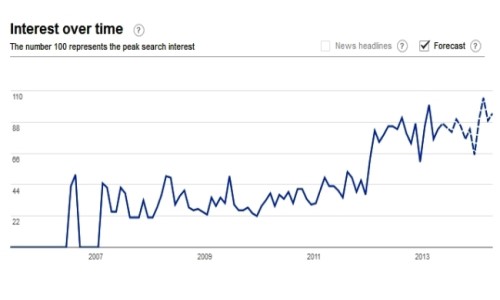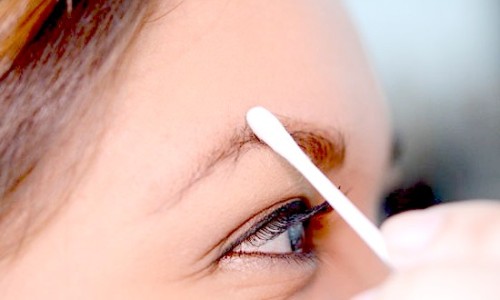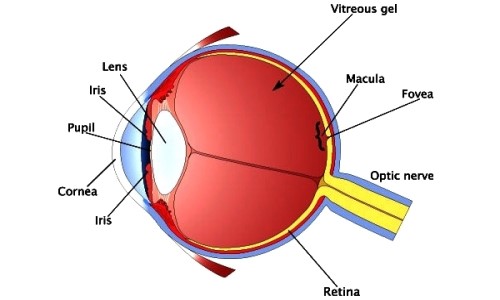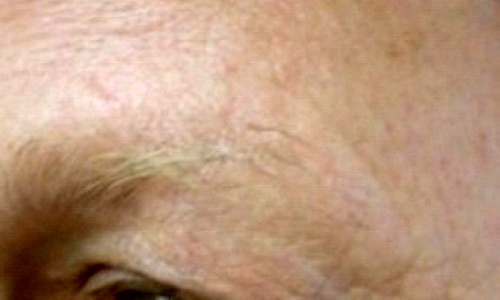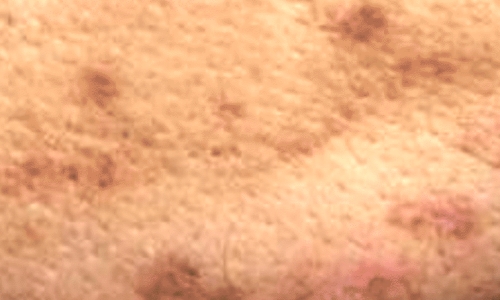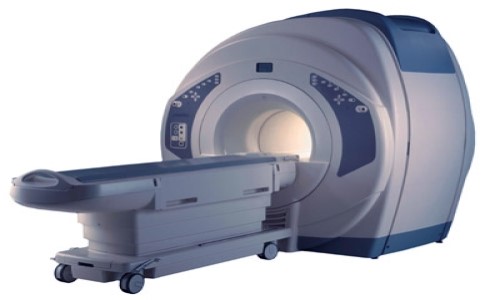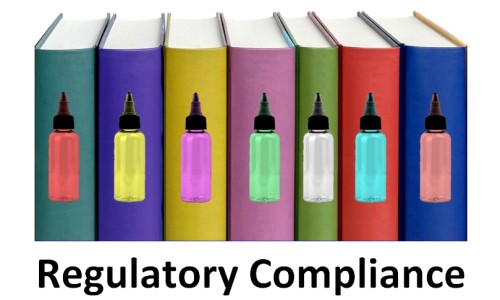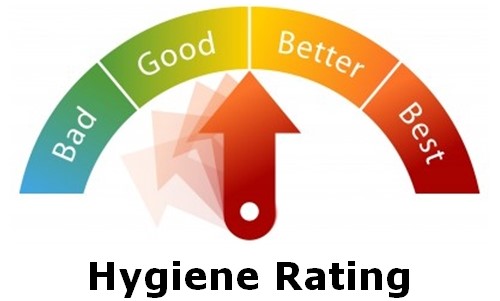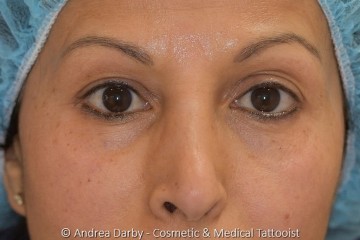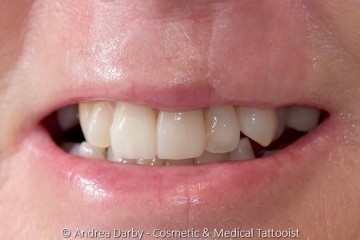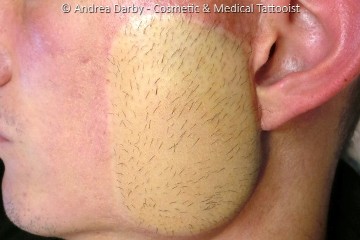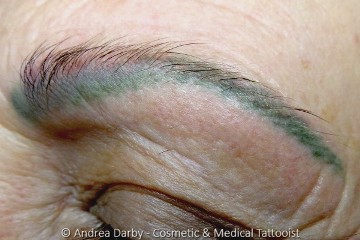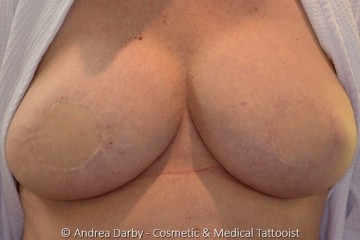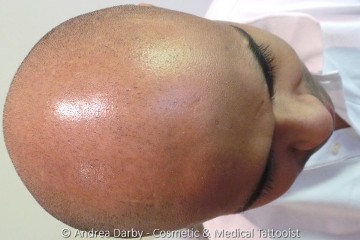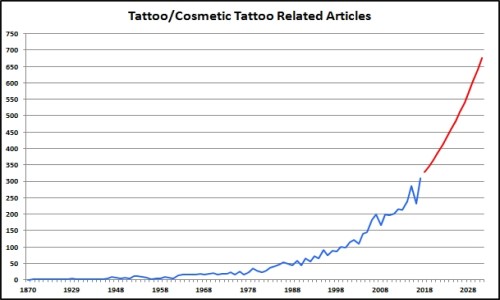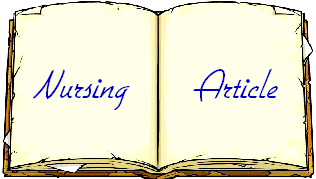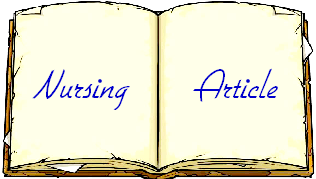Cart is empty
Preventing & Managing Disputes
14/04/2015
by Andrea Darby - Master Medical Tattooist & Industry Educator

The best way to deal with a conflict related to cosmetic tattooing is to endeavour to prevent conflict from occurring in the first place, this article discusses some useful strategies for preventing and managing disputes.
▼ Continue Reading ▼|
Conflict can occur between people in any workplace setting
and Cosmetic Tattooist are no exception, conflict can occur between; technicians
and their clients, technicians and employers, technicians and salon owners,
students and their trainers, technicians and suppliers, and technicians with
other technicians. In July 2008 CPP Global published their Human Capital Report1, CPP a broad based human resources company commissioned research in partnership with OPP, Ltd. one of Europe’s leading business psychology firms and Fellipelli one of South America’s leading business psychology firms. The researchers questioned 5,000 employees in Belgium, Brazil, Denmark, France, Germany, Ireland, the Netherlands, the UK and the USA. Their study found that 85% of employees stated that they have to deal with conflict to some degree and 29% said that they do so always or frequently, the main factors associated with the conflict were reported to be personality clashes (49%), stress (34%) and heavy workloads (33%). Obviously the best way to deal with conflict is to endeavour to prevent conflict from occurring in the first place and the CPP Global report provides an excellent focus for adopting strategies to help prevent conflict from occurring in the first instance.
When an irresistible force meets an immovable object something has to give.
The SCAPP Scale2 also provides the technician useful information about the clients capacity to cope with stressful situations and the publication Topical Anaesthetics & Cosmetic Procedures3 provides information on managing a clients stress and pain levels prior to and during a treatment. Equally it is important for the technician to effectively manage their own stress levels, in addition to general stress management techniques some specific strategies could include;
Many cosmetic tattooists appear to be self employed making it easier for them to manage their own workload, ensuring that sufficient time is allocated for the daily procedure list in addition to regular breaks for rest, refreshments, meals and use of the bathroom will help reduce workload pressure. During consultations and procedures it is also advisable to keep interruptions to minimum, allocating time throughout the day to answer telephone calls and emails will de-stress the work environment and reduce workload pressure for both the client and the technician.
Even with the best of intentions disagreements can still occur, how a disagreement is managed can make the difference between an amicable resolution and a disagreement escalating to a more serious dispute, formal complaints, or legal battles. If you find yourself involved in a disagreement (regardless of the side you are on) listed below are some general tips that may assist you in managing the situation in an attempt to avoid an escalation.
If you find yourself involved in a formal dispute then it would be prudent to establish exactly where you stand and seek competent advice and assistance from experts in dispute management, some of the people who may be able to assist you include;
Some highly qualified Micropigmentation experts are prepared to offer their services for the purpose of providing expert opinions, case reviews, expert reports, and appearances as an expert witness in formal proceedings.
Associated Articles: Topical Anaesthetics & Cosmetic Procedures
References
Date of most recent revision:
14/04/2015 (mutatis mutandis) Copyright © 2015 CTshop.com.au & the article author All Rights Reserved. No copying, transmission or reproduction of site content is permitted without our prior written consent.
Printing Restriction: This article is print disabled, please read our Intellectual Property & Copyright Policies if you would like to request a copy or permission to use the article content for any purpose. |
Main Menu
- Eyeliner Tattooing vs Dry Eye
- MicroBlading - First Things First
- Cosmetic Tattoo Training Standards
- Carcinomas in Tattoos a Statistical Anomaly
- Lash or Brow Growth Enhancing Serums & Tattooing
- What Influences the Colour of a Cosmetic Tattoo?
- Hygiene Protocols Update : Surface Cleaning Wipes
- Preventing & Managing Disputes
- Warm vs Cool Colours
- Age of The Alpha Metrosexual
- Who Will Buy a Poorly Iced Cake?
- Australia now has a Board Certified MicroPigmentation Instructor
- Robot Tattooists?
- Postcards From Birmingham
- The SCAPP Scale - Personalising the Micropigmentation Service
- How to Choose Your PMU Artist
- Scalp MicroPigmentation - More Than Just Ugly Scars?
- Permanent Eyeliner - Avoiding Complications
- Personal Protective Equipment - Are You Covered?
- 3D Nipple Tattooing a New Service?
- Why Do Cosmetic Tattoos Change Colour? - (Part 1)
- Why Do Cosmetic Tattoos Change Colour? - (Part 2)
- Smart Tattoos Are They The Future?
- Presentation: Adding Cosmetic Tattoo to Your Salon
- Cell Phone Vibrating Tattoos
- UK Survey - One Third Regret Their Body Art Tattoo
- Collaborating & Consulting with Dr. Linda Dixon
- Stem Cell Research - Inside the Lab
- When Marketing Via News Media Goes Wrong
- Client Pre-Treatment Screening Questionnaire
- Permanent Makeup Google Search Trends
- Potential Causes of Nosocomial Type Infections in the Salon-Clinic Setting
- Topical Anaesthetics & Cosmetic Procedures
- Introduction to the Fundamentals of Colour Perception
- Clients With Unexplained Loss of Outer Eyebrow Hair
- Hyperpigmentary Skin Conditions & Cosmetic Tattooing
- Cosmetic Tattooing & MRI’s - Diametric Particle Agitation Hypothesis (DPA)
Site News Selection
Educational Article Selection
Regulatory Article Selection
Client Case Studies Selection
Science Library Selection
Complete regrowth of hair following scalp tattooing in a patient with alopecia universalis
31/01/2023
Atypical Intraepidermal Melanocytic Proliferation Masked by a Tattoo: Implications for Tattoo Artist
20/09/2018
Chemical conjunctivitis and diffuse lamellar keratitis after removal of eyelash extensions
26/08/2018
Scarless Breast Reconstruction: Indications and Techniques for Optimizing Aesthetic Outcomes
07/04/2018
High speed ink aggregates are ejected from tattoos during Q‐switched Nd:YAG laser treatments
28/03/2018
Unveiling skin macrophage dynamics explains both tattoo persistence and strenuous removal
08/03/2018
Granulomatous Tattoo reaction with Associated Uveitis successfully treated with methotrexate
08/02/2018
Identification of organic pigments in tattoo inks & permanent make-up using laser mass spectrometry
07/02/2018
Microbiological survey of commercial tattoo and permanent makeup inks available in the United States
03/02/2018


